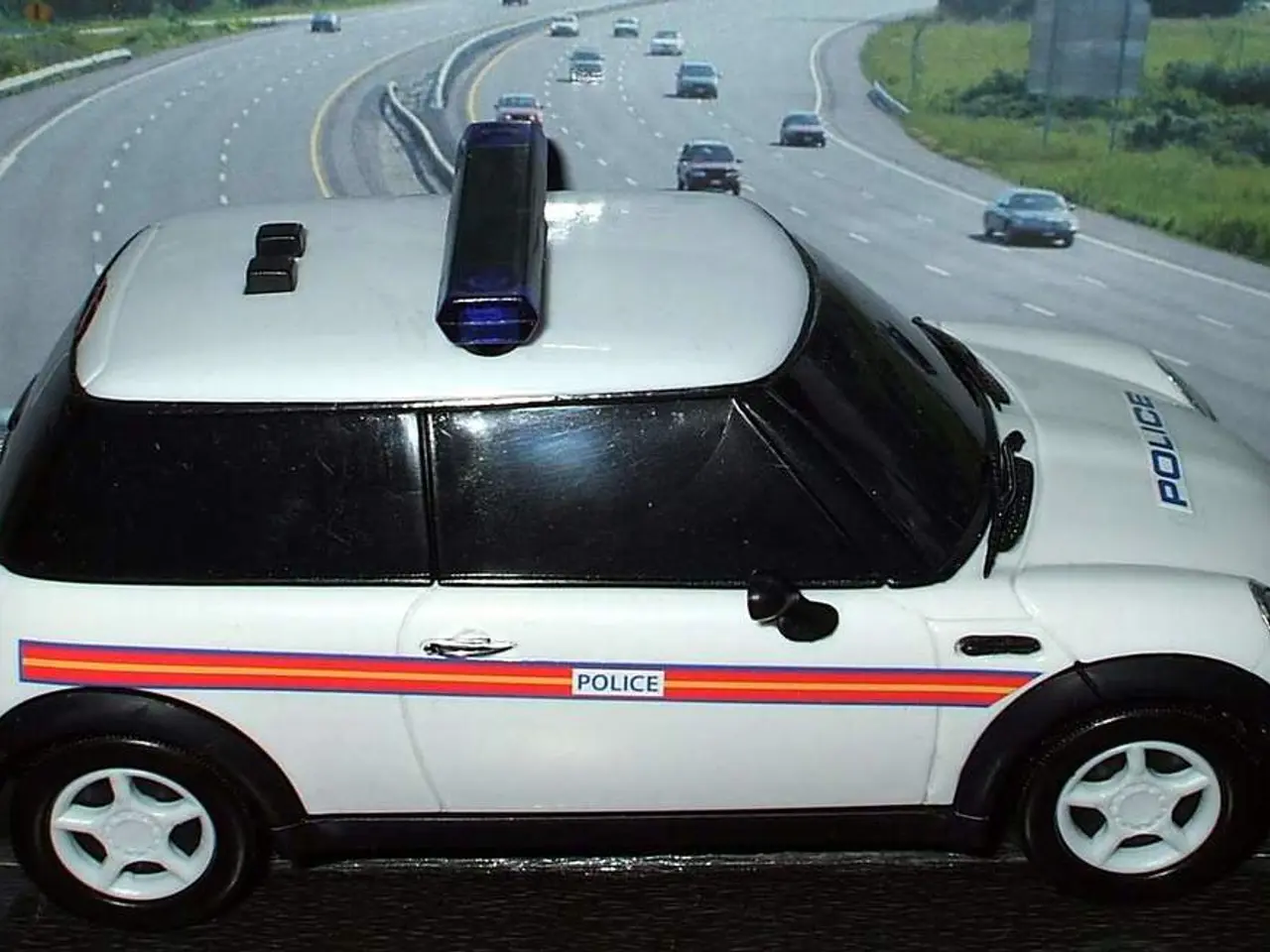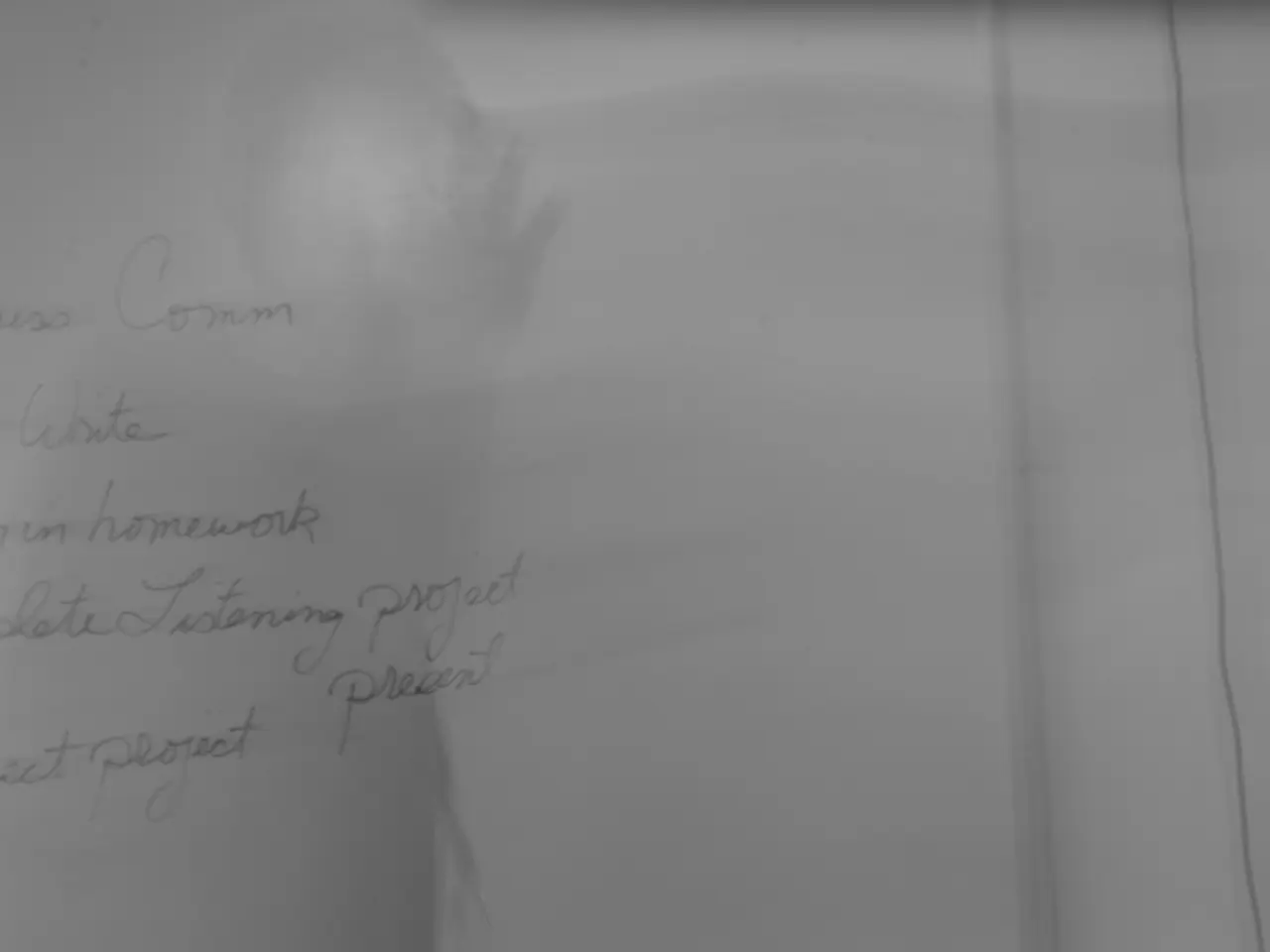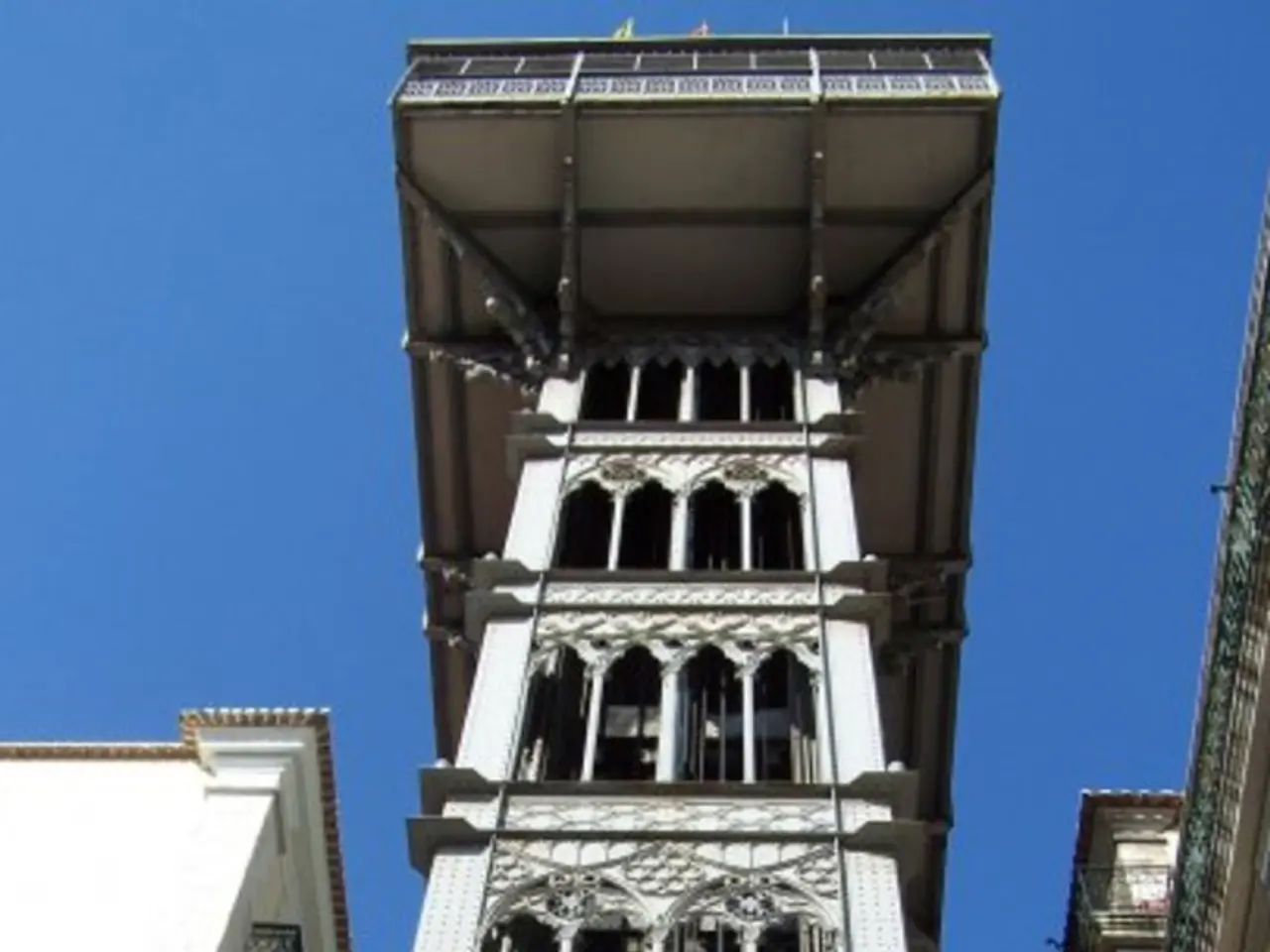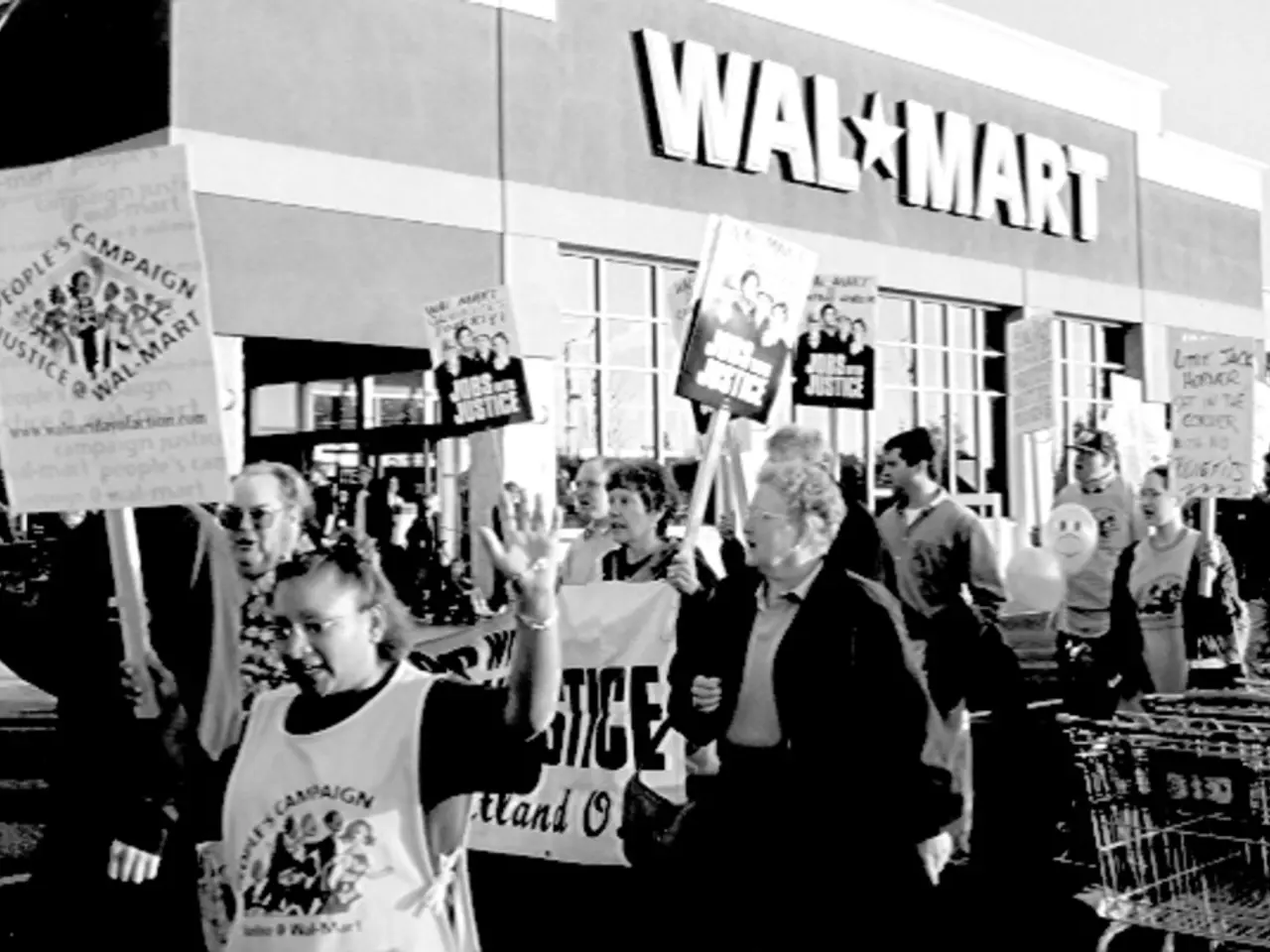Federal enforcement agencies are directed by President Trump to monitor and enforce law within Washington, D.C.
Washington, D.C., has witnessed a significant shift in its law enforcement landscape, with President Donald Trump directing federal law enforcement agencies to increase their presence in the city. The move is intended to protect the city from violent crime, as the district has seen a decline in violent crime since reaching a 30-year high, according to the Justice Department. However, it's essential to understand the limitations of a president's authority in federalizing Washington, D.C.
In 1973, the Home Rule Act was passed, granting D.C. residents local self-governance. Under this act, D.C. residents elect their mayor and council, and Congress retains oversight, including the ability to block local laws. The President's power to federalize Washington, D.C. is constrained to limited emergency control over law enforcement for a short duration.
The President can control the D.C. National Guard in certain circumstances. He can also assume control over the D.C. Metropolitan Police Department “for federal purposes” for up to 30 days with congressional notification. For longer control beyond 30 days, Congress must pass a joint resolution authorizing an extension.
Any broader federal takeover of governance or law enforcement—effectively “federalizing” the city—would require new legislation passed by Congress, which faces significant political hurdles. Recent attempts or threats by former President Trump to federalize D.C. have cited crime and “incompetent leadership” as reasons, but legally, the President alone lacks the authority for a full takeover without Congress.
In the current situation, President Trump has announced plans for a Monday press event on his social media site, Truth Social. The surge in federal policing in the city began just after midnight on Friday morning and is expected to last seven days, with the option to extend. As of Friday, residents and local officials interviewed by various media outlets had not yet seen a notable increase in police presence.
The policing initiative will be led by the U.S. Park Police, with more than a dozen other federal law enforcement agencies, including the U.S. Capitol Police, the Drug Enforcement Administration, the Federal Bureau of Investigation, the Bureau of Alcohol, Tobacco, Firearms, and Explosives, and the U.S. Marshals Service, cooperating in the operation.
The district's national guard is under federal control, not local. As of now, the D.C. National Guard has not been activated. The city's data shows a decrease in violent crimes such as homicides, sex abuse, and robbery. Motor vehicle theft in the district is at the same level as it was at this time last year, but car thefts fell by 25% from 2023 to 2024, according to preliminary data released this week by the Metropolitan Police Department (MPD).
The city's local lawmakers passed a bill aimed at improving public safety in 2024. White House press secretary Karoline Leavitt stated that there will be no safe harbor for violent criminals in D.C., emphasizing the federal government's commitment to ensuring the city's safety.
In conclusion, while President Trump has directed a surge in federal law enforcement in Washington, D.C., it's important to remember that any longer or broader federal takeover requires Congressional approval via legislation that would override or modify the Home Rule Act. The current initiative is a short-term, limited intervention aimed at protecting the city from violent crime.
- The President's authority for federalizing Washington, D.C, is restricted, especially for extended periods, necessitating a joint resolution passed by Congress.
- The current policing surge in the city, led by the U.S. Park Police and other federal agencies, is a short-term, limited intervention, not a broader federal takeover of governance or law enforcement.
- In 2024, the city's local lawmakers passed a bill aimed at improving public safety, emphasizing the local government's commitment to ensuring the city's security.
- The President can control the D.C. National Guard under certain circumstances, but its activation is not yet confirmed, and the city's data shows a decrease in violent crimes such as homicides and robbery.






